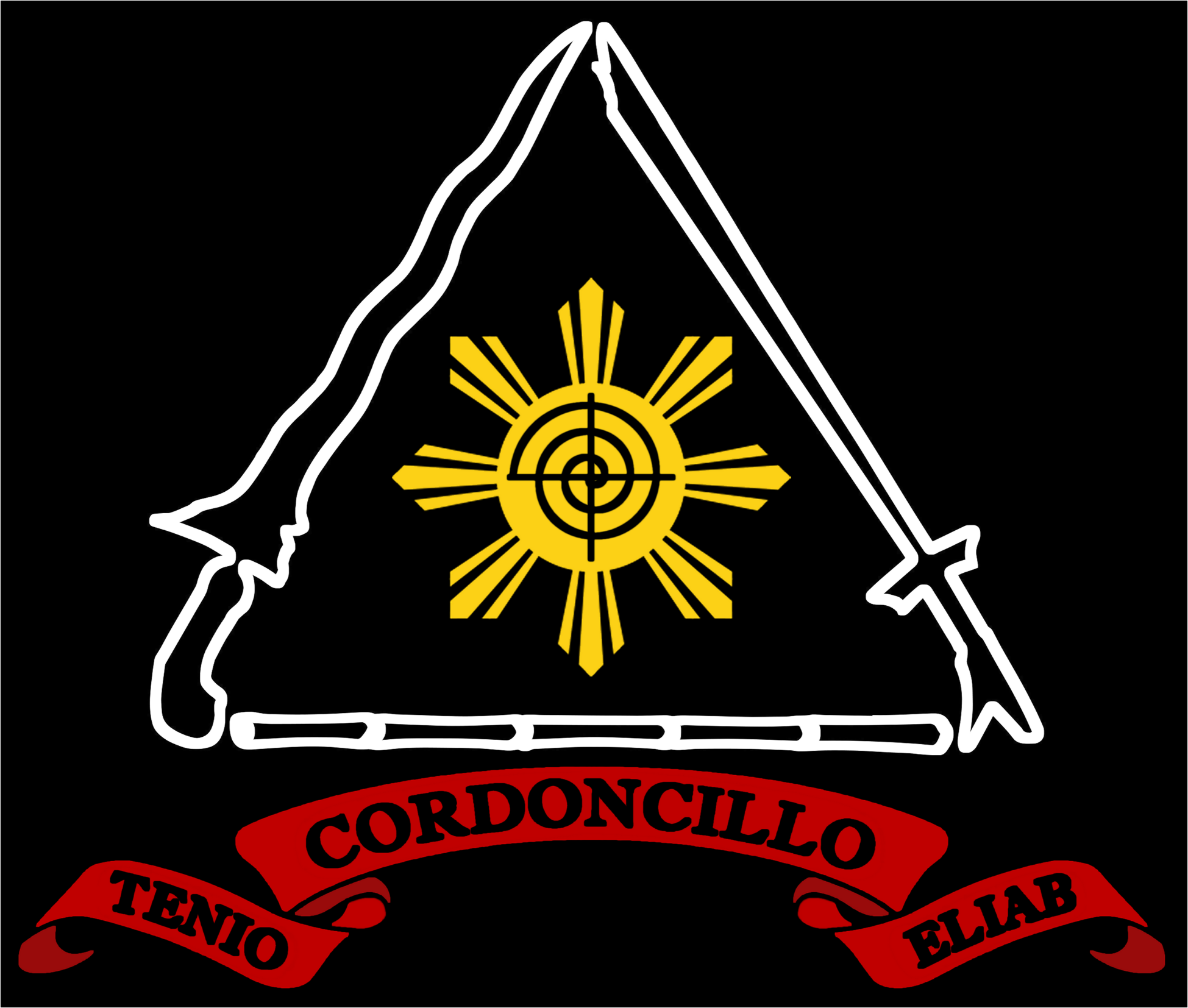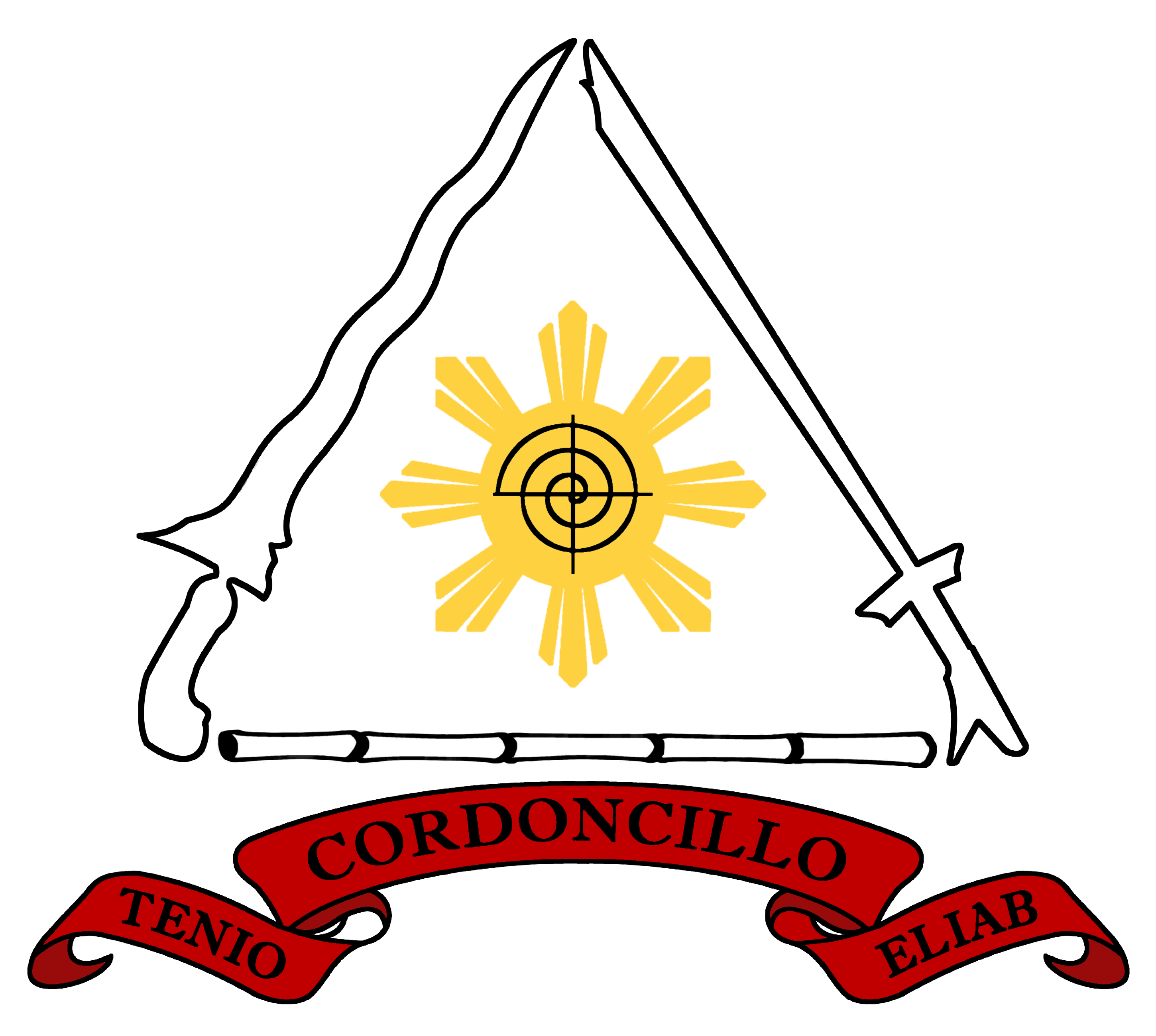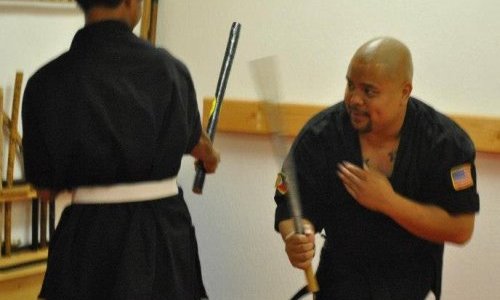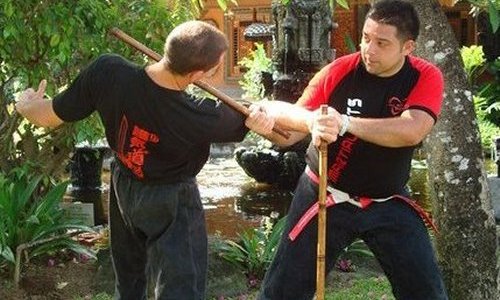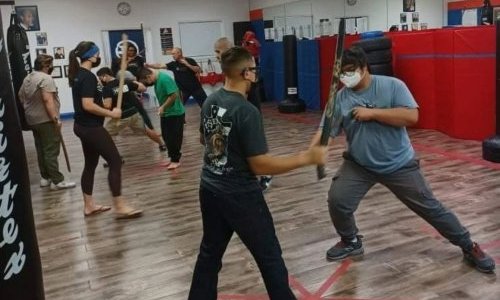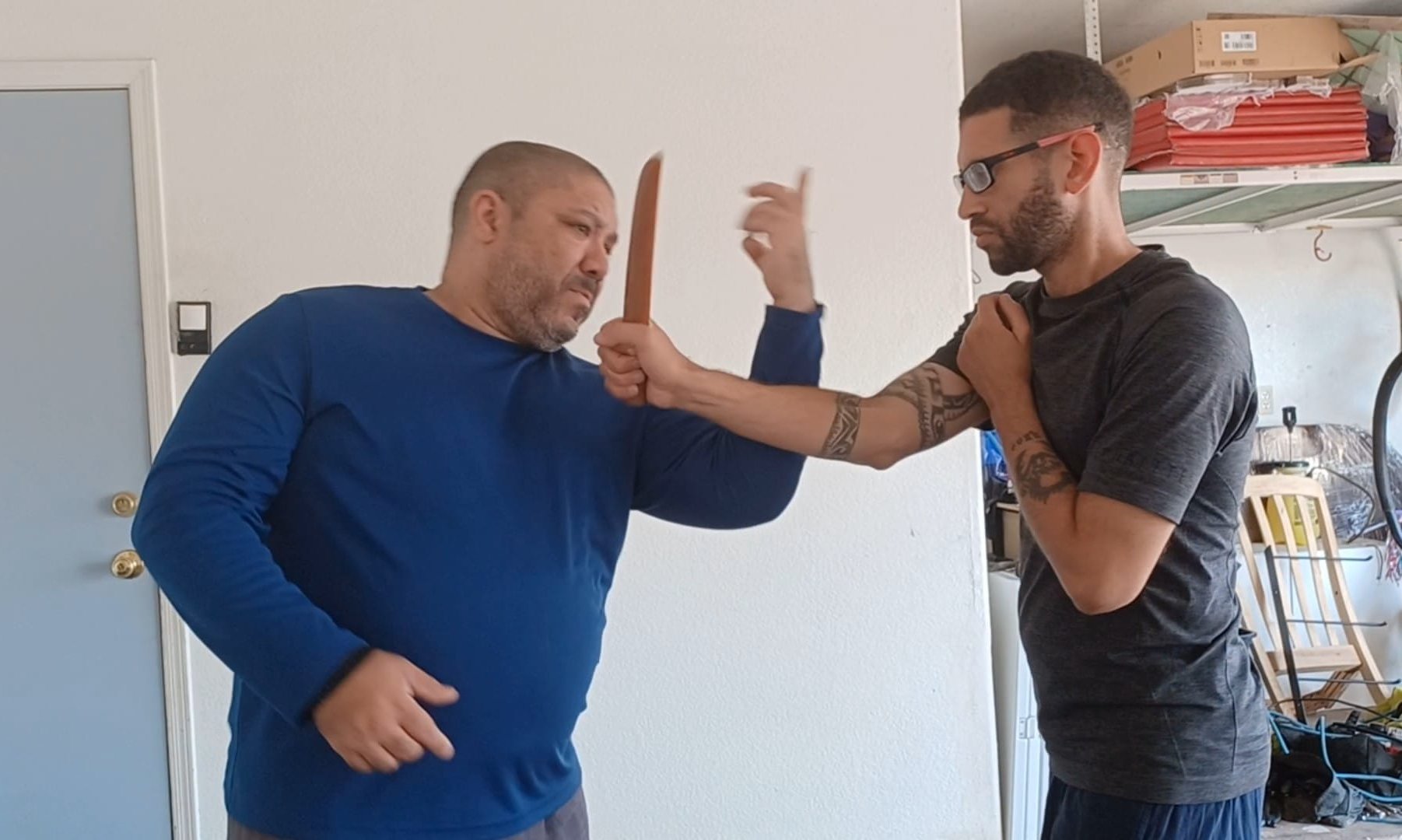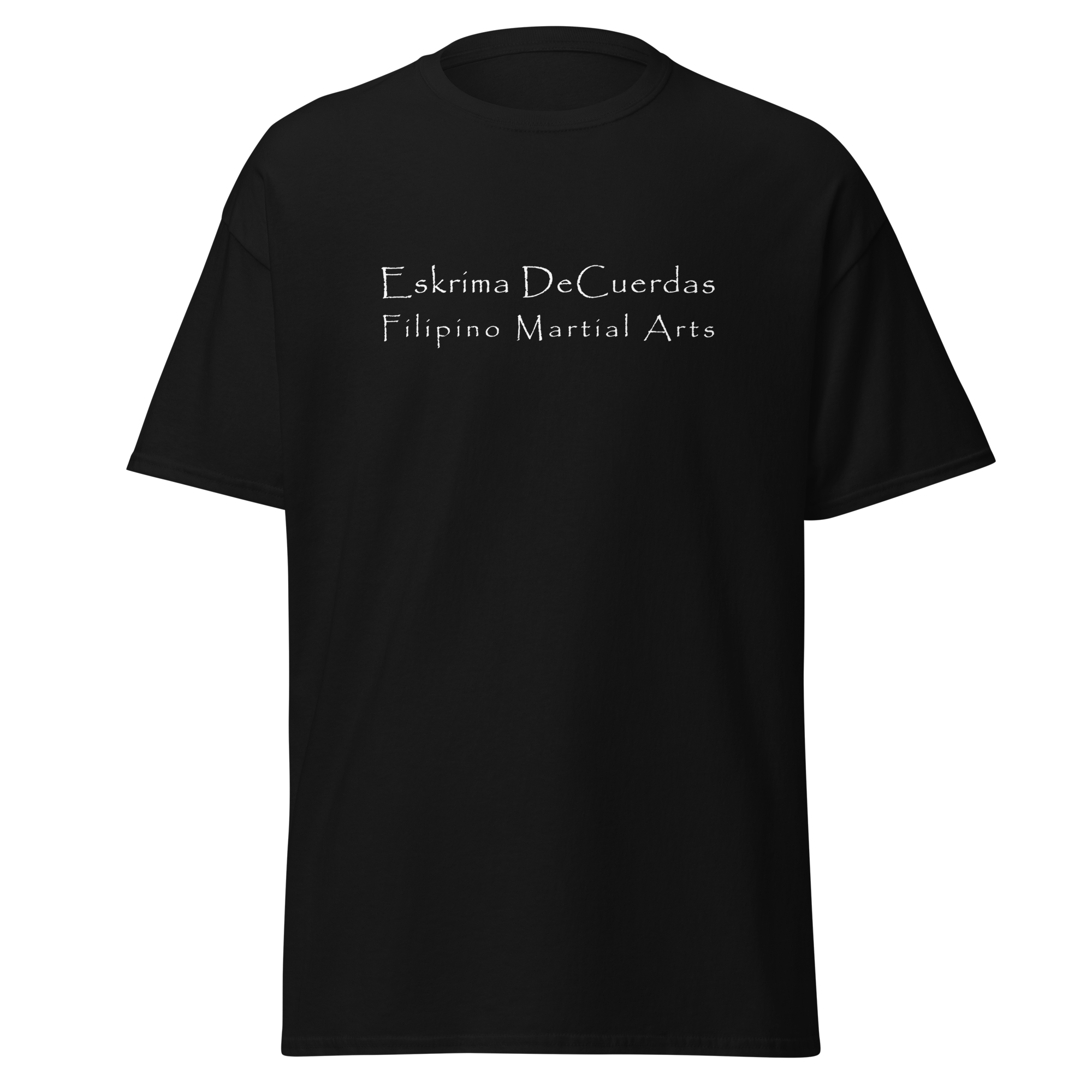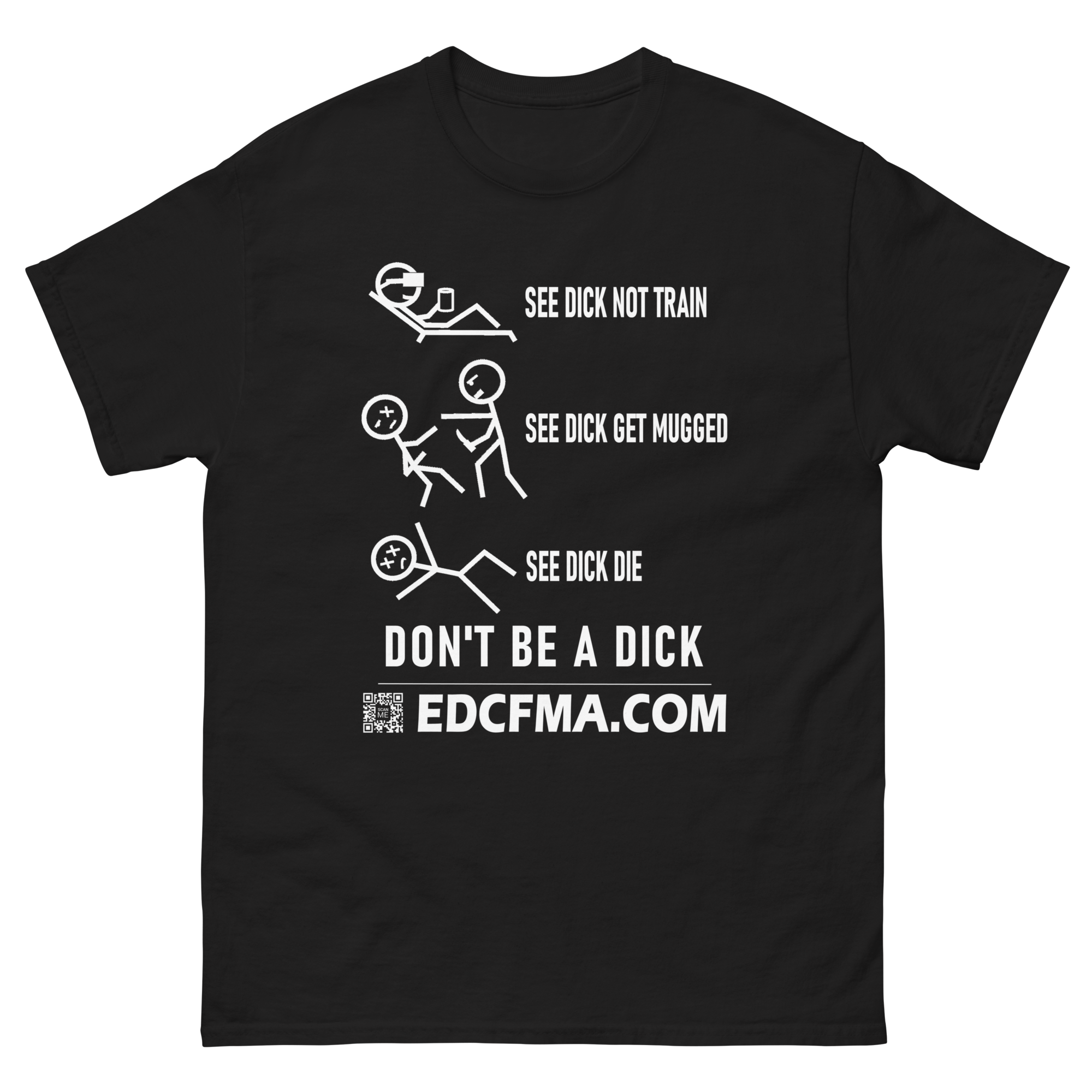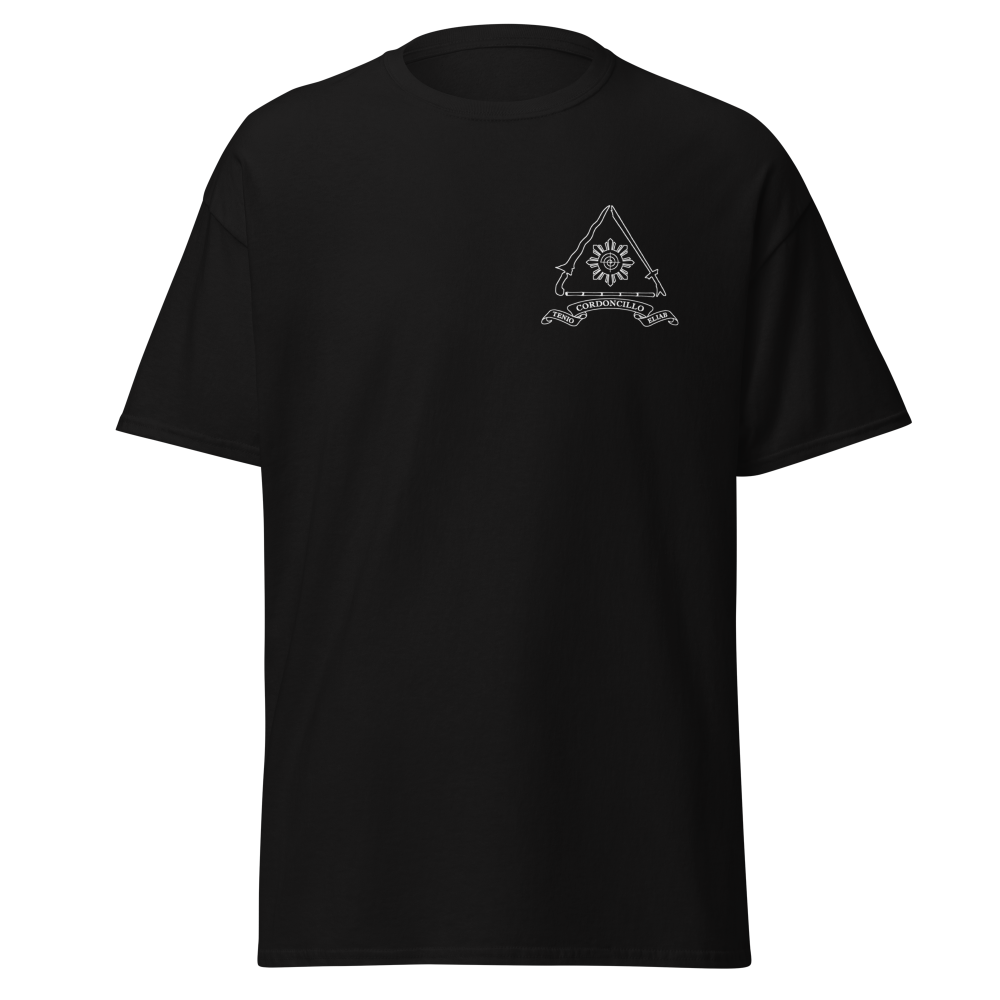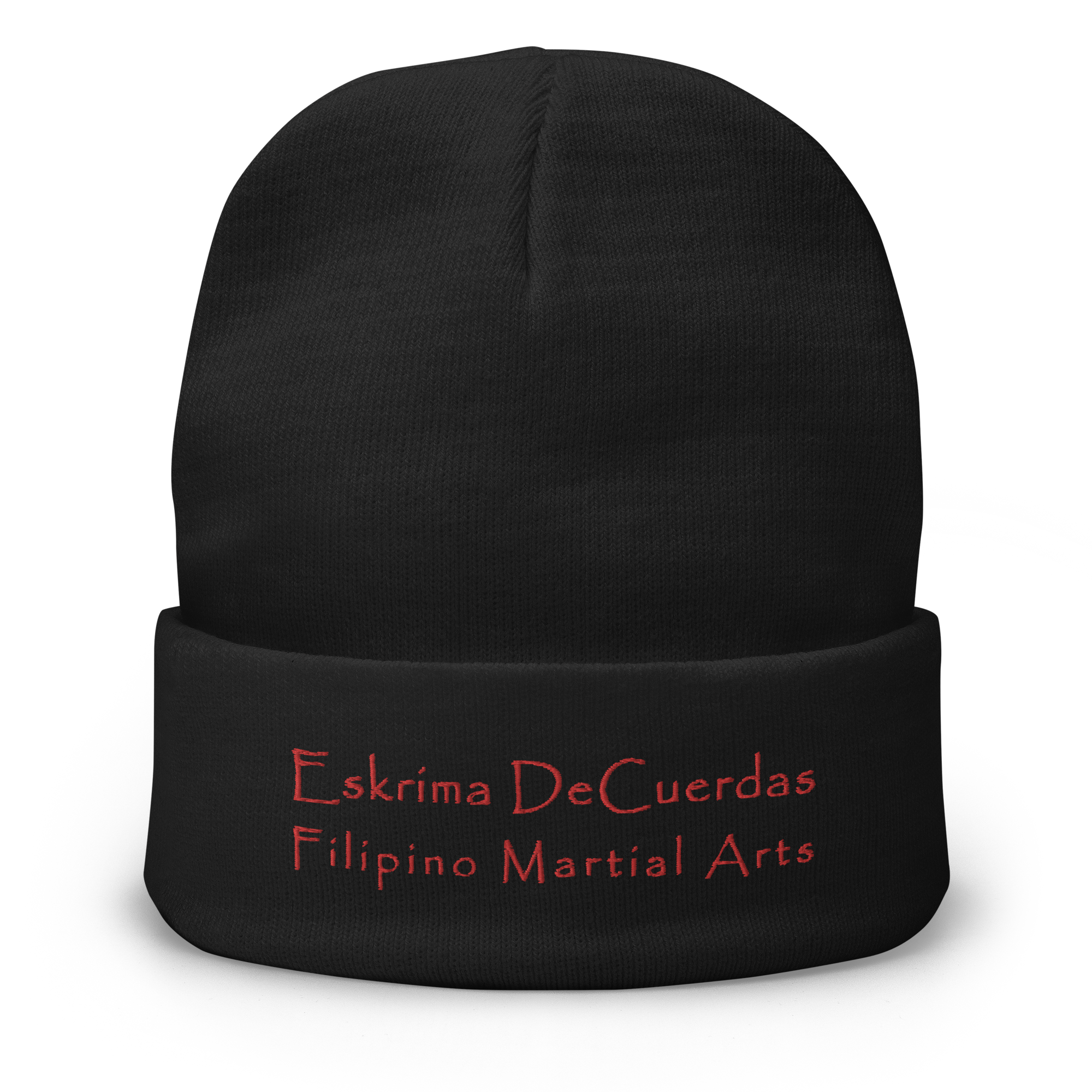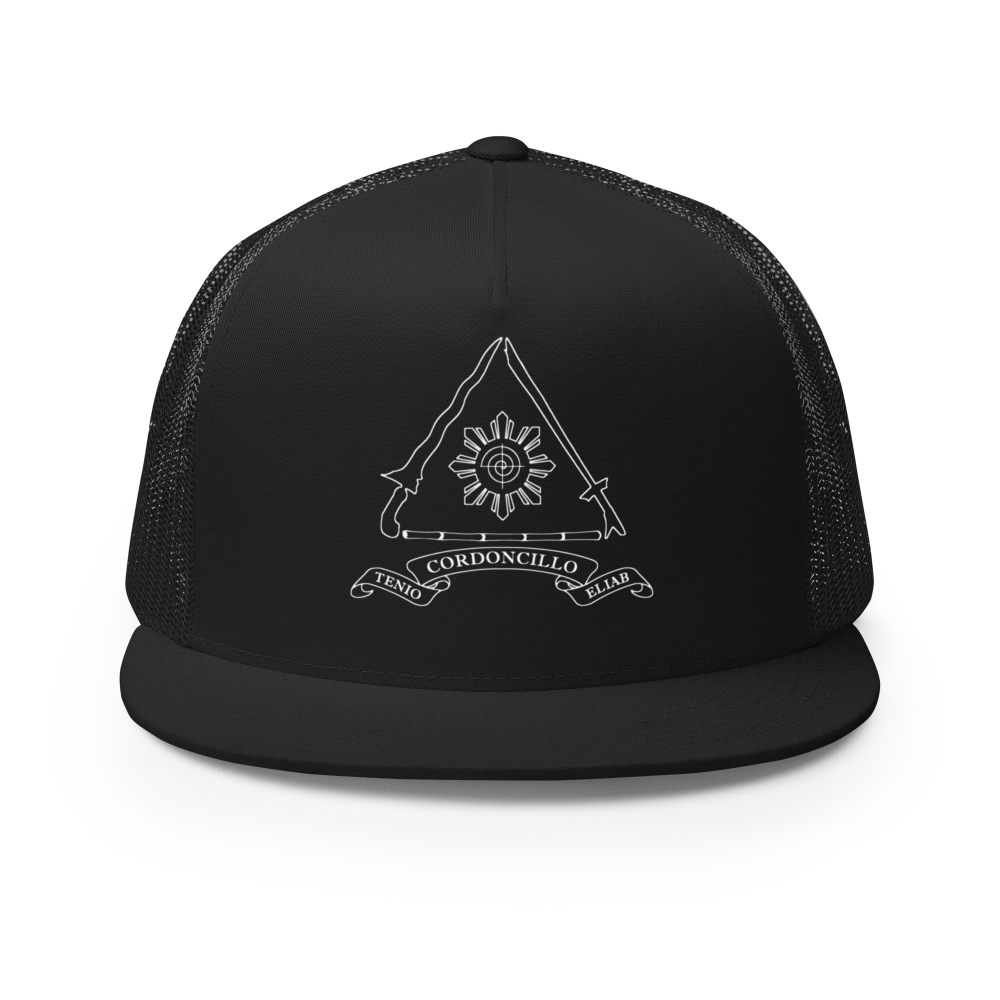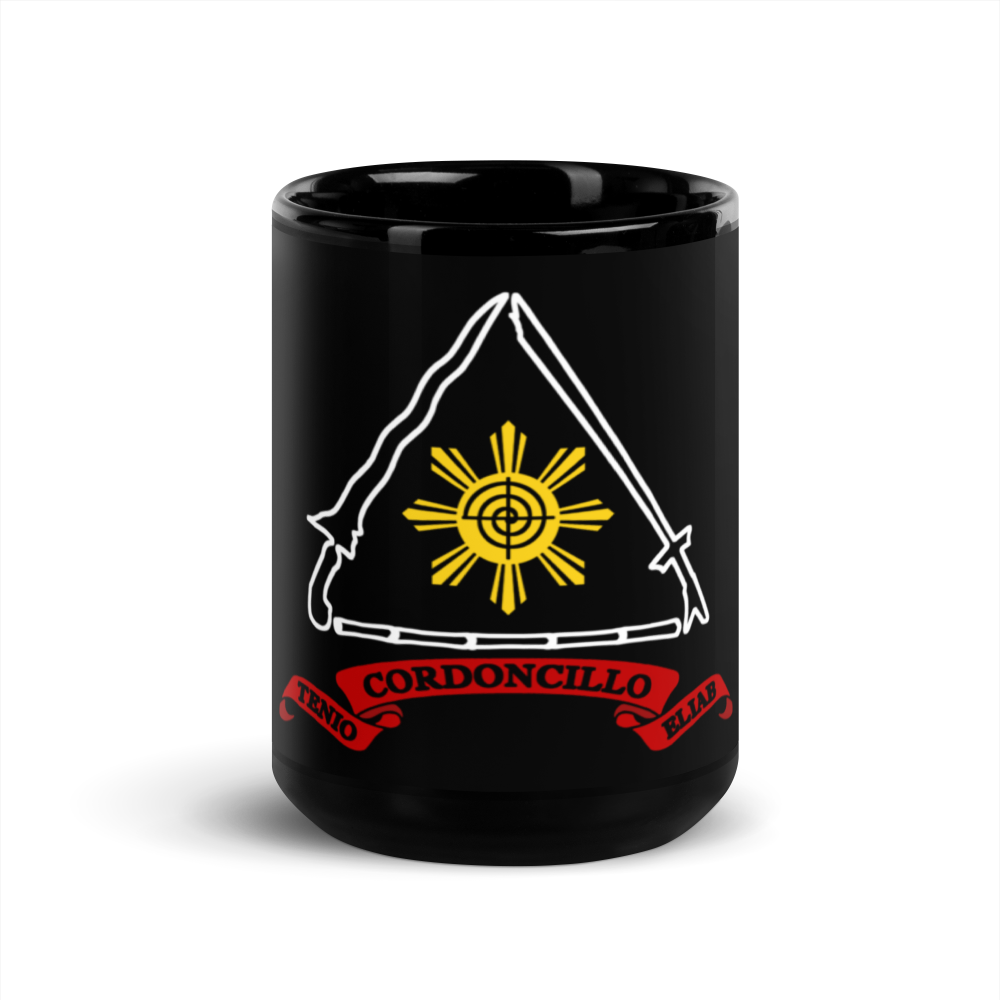About Us
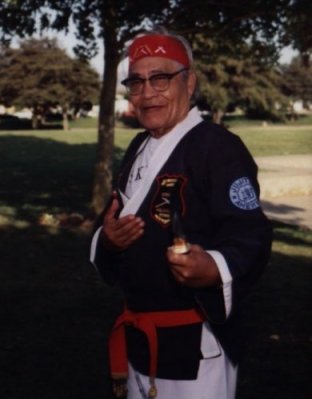
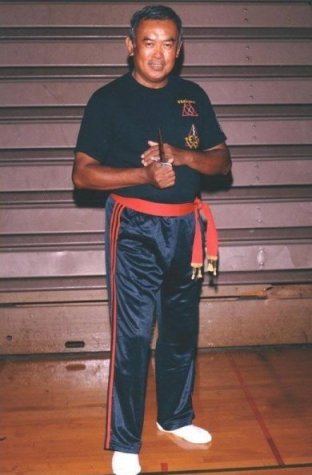
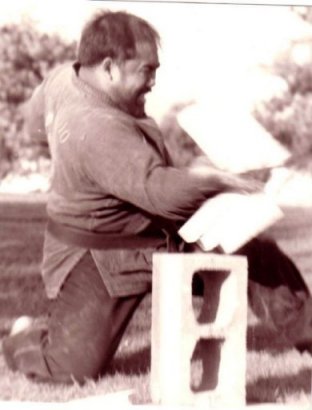
Preserving a Proud Tradition
Eskrima DeCuerdas - Filipino Martial Arts (EDC-FMA) is a Filipino Martial Arts affiliate of the Kada Anan Martial Arts Association (KAMA) (Click for KAMA website). EDC-FMA was founded to preserve and advance DeCuerdas Eskrima, the Filipino Martial Art of late GM Gilbert Tenio, as well as Senior Master Juan Eliab Sr.'s three-style blend of Eskrima consisting of Serrada, Larga Mano and DeCuerdas, as taught by GM Gilbert Cordoncillo, one of the last students of both GM Tenio and Senior Master Eliab.
Some of the organization's objectives include:
- Ensure the preservation and advancement of Eskrima DeCuerdas
- Provide genuine, certified ranking and teaching titles
- Distinguish between training for artistry, competition, defense and fighting
- Commit to providing high-quality instruction to help students develop functional skills
- Encourage all martial arts practitioners to share their passion for training
- Create a support system for students and instructors to develop and grow
EDC-FMA is a close-knit martial arts organization that takes a non-competitive approach to training. Although our primary focus is on promoting Eskrima DeCuerdas, we welcome practitioners of any martial art, as well as those without prior experience. Member benefits include regular seminars, workshops, online-based training, exclusive website access, and opportunities for advanced rank and titles.
The EDC-FMA Logo
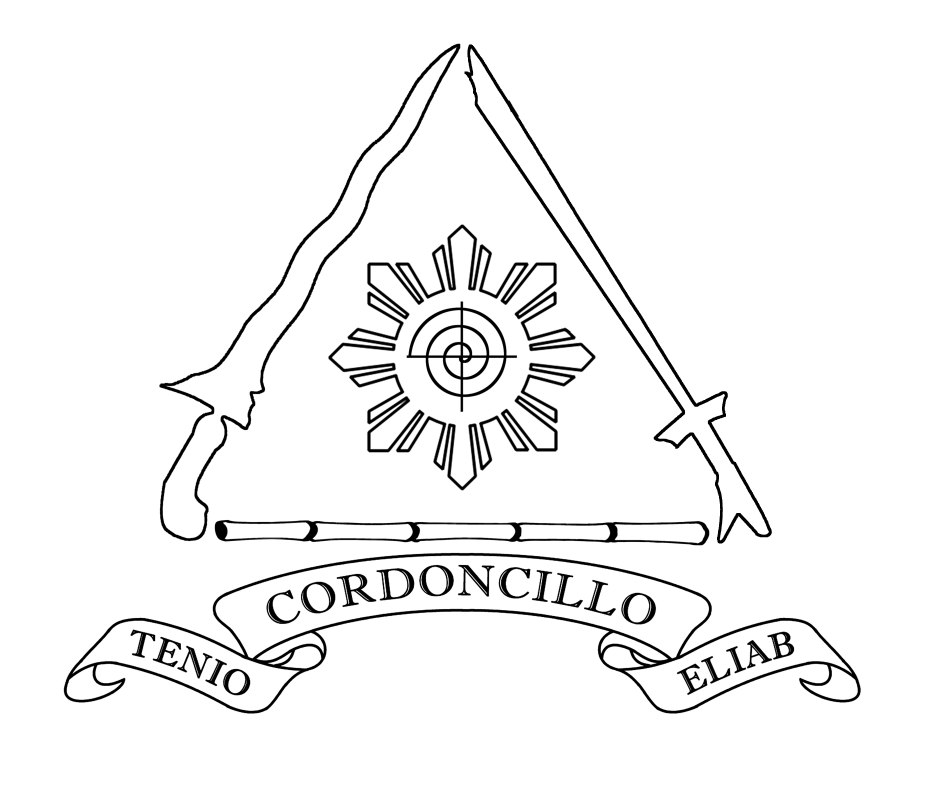 The organization logo incorporates elements common to many FMA systems as well as lineage-specific elements.
The organization logo incorporates elements common to many FMA systems as well as lineage-specific elements.
- The spiral symbol in the center represents the DeCuerdas system.
- The eight pointed sun is from the national flag of the Philippines and denotes the system is a Filipino Martial Art.
- The two swords, (a kampilan on the right and kris on the left) and stick create a triangle which is an integral shape in FMA footwork.
- The swords hold a prominent position over the stick to indicate the system is bladed; the stick is considered a secondary weapon
- Choosing the kampilan and kris is an homage to the Moros for having never been conquered by the Spanish.
- The banner lists the name "Cordoncillo", our grandmaster, with the names "Tenio" and "Eliab", our former grandmaster and senior master, underneath.
- Tenio and Eliab are shown at the bottom of the logo to represent the root of our lineage and, combined with Cordoncillo, form the foundation of our system.
News & Events
EDC-FMA is involved with other organizations, groups and individuals who hold a passion for teaching and excellence in training. We strive to expand our skillset by experiencing similar styles as well as completely different arts. Plus we use the opportunity to meet and train with other practitioners while learning from many top local, national and international instructors.
What We Offer
Some of the Advantages of Being an EDC-FMA Member
- 01 Rank/Title Certification
Receive rank and title certification from one of the most well-established organizations dedicated to the spread of FMA. EDC-FMA members can advance in rank while training the curriculum. Those who complete the curriculum may obtain certification to teach.
- 02 Learn Bladed, Combat-Based FMA
The EDC-FMA system hasn't been altered for tournament sparring or fluffed up with flashy looking techniques. We teach bladed, combative FMA for those interested in developing viable skill.
- 03 All Members Open Training
Participate in monthly video training sessions that cover curriculum material for all EDC-FMA members, serving as additional bonus training or a great way to make up for a missed class with your local school or group.
- 04 Instructor/Group Leader Training
Participate in monthly video training sessions that cover curriculum material for teaching students, advanced curriculum instruction, and discussion of questions that arise during training/teaching.
- 05 Access to Curriculum Videos
EDC-FMA members can view curriculum material videos up to their current rank. This is an excellent way to refresh technical knowledge while practicing outside of regular school training schedules.
- 06 Exclusive Member Shirt
EDC-FMA members receive an official, limited access, member shirt. These shirts are not available to the general public.
- 07 Save Money
Don't pay full price. EDC-FMA members pay a reduced cost for association related items and events.
- 08 Association Gatherings
Annual gatherings feature public seminars with various instructors, rank testing, and a banquet with promotions and demos. Members-only training is also included. Local chapter meetings are also available for all EDC-FMA members.
Locations
EDC-FMA has chapters in California, Nevada, Arizona, Colorado, and Germany with locations in Hawaii, North Carolina and Tucson, AZ coming soon. If you are interested in bringing Eskrima DeCuerdas into your established school or would like to create a training group, please CONTACT US.
HONOLULU, HI

Coming Soon
FAYETTEVILLE, NC

Coming Soon
TUCSON, AZ

Coming Soon
EDC-FMA Membership
Come join us! Whether you currently train FMA, another martial art or have never trained a day in your life, we welcome anyone with a desire to learn Eskrima DeCuerdas to join EDC-FMA.
Become An EDC-FMA Member
- Attend Members-Only Events
- Reduced Costs
- Attain Rank/Title
- Curriculum Videos Online
- Member Shirt
- and more...
EDC-FMA Shop
Frequently Asked Questions
- Who are Gilbert Tenio and Juan Eliab Sr.?
The late GM Gilbert Tenio was the patriarch of a family style of FMA named DeCuerdas Eskrima and the grandmaster of our lineage until his death in 1994. He is regarded today as one of the "Big Three" FMA masters who helped start the FMA training movement that originated in Stockton, CA in the late 1960's. The late Senior Master Juan ELiab Sr. was GM Tenio's protégé and the heir apparent of DeCuerdas Eskrima until his untimely death in 1992.
- What kind of rank is "kadua"? Is that some kind of certified instructor?
We use the word "kadua" (which means "companion" or "associate") as a title for students leading a training group or an instructor/school owner who offers the ECC-FMA curriculum at their school. It is not a rank and does not mean the title holder is a certified instructor. The individual with a kadua title is allowed to teach up to their own rank within the ECC-FMA curriculum under the supervision of the association and is expected to maintain their own personal training.
- Is FMA effective in a real fight?
Yes! However, it's not the art, the style, the system or the type of weapon that makes it effective; it's the manner in which it's practiced. Ultimately, it's the practitioner who is effective...or not. This will apply to any martial art, not just to FMA.
- There are a lot of different styles of FMA available. Why should I choose to train in Eskrima DeCuerdas?
The decision just to begin training is extremely multifaceted. The first thing to consider is the "Why?" What are the training goals? It's also important to distinguish between training for art, competition, defense or fighting (including the many nuances of each of these types of training). The school location, schedule, costs, even the group dynamic of the class and the personality of the instructor are other aspects to evaluate.
The Eskrima DeCuerdas system is designed to train from the perspective of both art and fighting. The art aspect honors the masters of our lineage and the methods they used to teach. During training we then teach the student to bring out the fight from the art; using the exercises and drills in the system to develop viable fighting skill. Staying true to the old style, we teach a bladed system, not a modernized version of Filipino stick fighting. If this teaching and training stance aligns with the training goals, then Eskrima DeCuerdas may be a good choice.
- What is the difference between eskrima, kali and arnis?
There aren't any fundamental differences; each is just a different name for Filipino Martial Arts.
- Is FMA/eskrima/kali/arnis stick fighting? What other weapons are used?
FMA is most known throughout the world as a stick fighting art. However, calling it stick fighting is a far cry from its full potential. Traditionally, the Filipino Martial Arts are based mostly on medium or short swords and/or a sword and dagger. Sticks are commonly used as a proxy for the edged weapon. The concepts behind FMA's bladed use allow practitioners to translate the movements into stick, knife and empty hand techniques and extend to improvised weapons, allowing practically anything to become a weapon.
Contact
Don't hesitate to connect with us. We're happy to help in any way we can.
